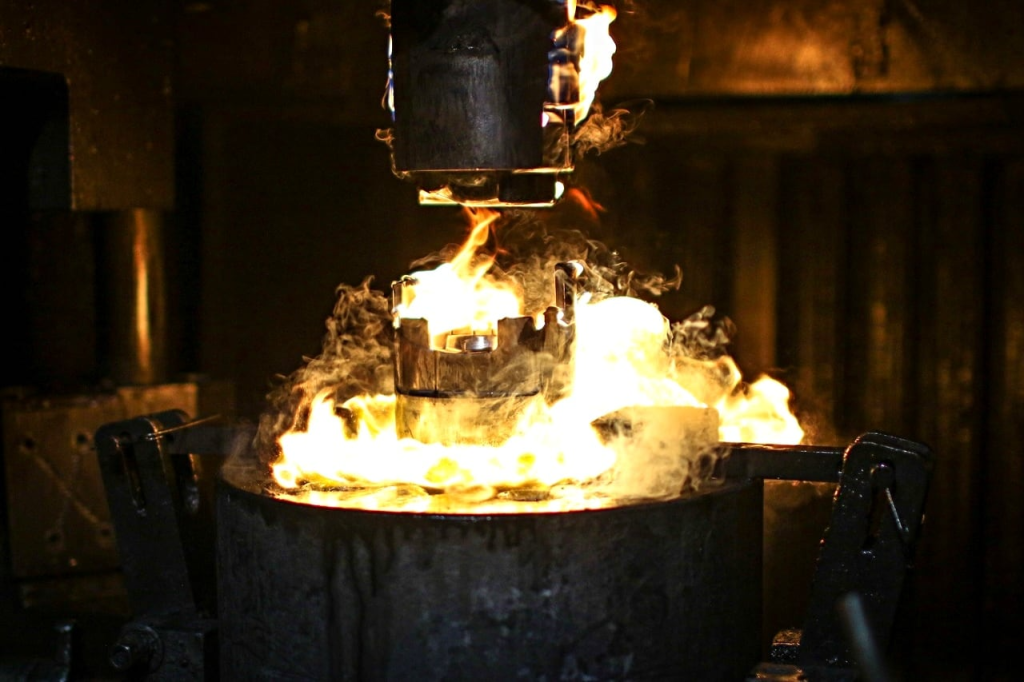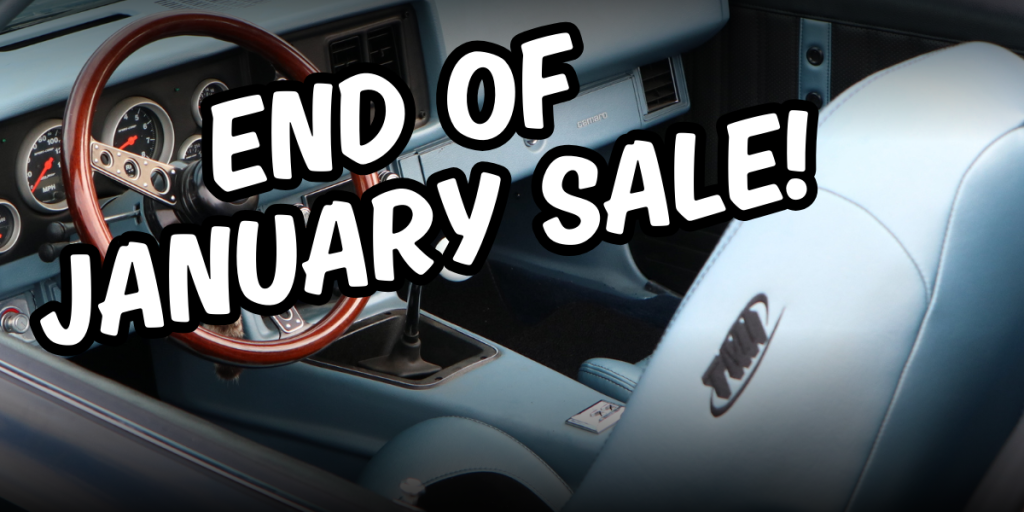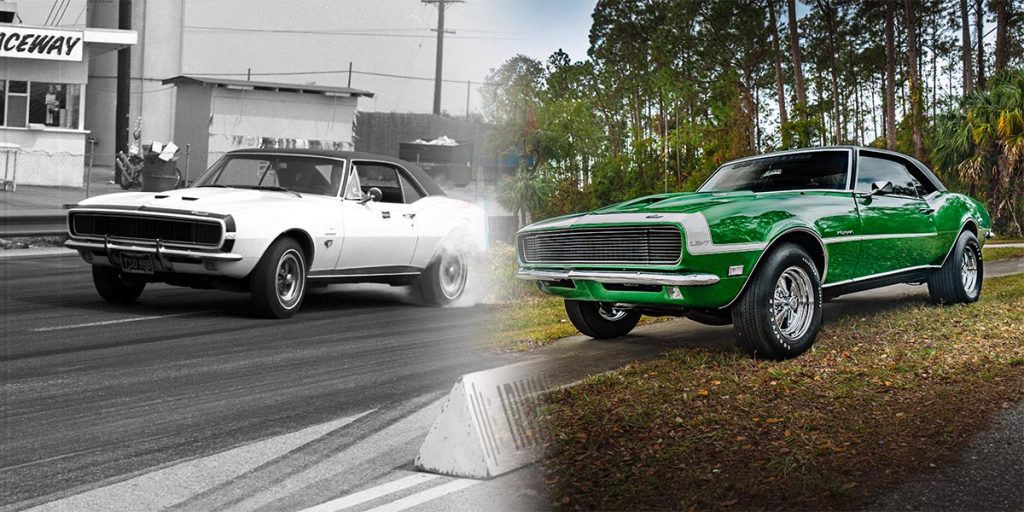Forged Vs Billet - Choose Wisely
When building or modifying an engine, the choice of pistons plays a big role in determining its performance and reliability. Among the most common types of high-performance pistons are forged pistons and billet pistons. While both are made from high-grade aluminum alloys, their manufacturing processes, properties, and applications differ significantly. What’s the best one and which one do you need?
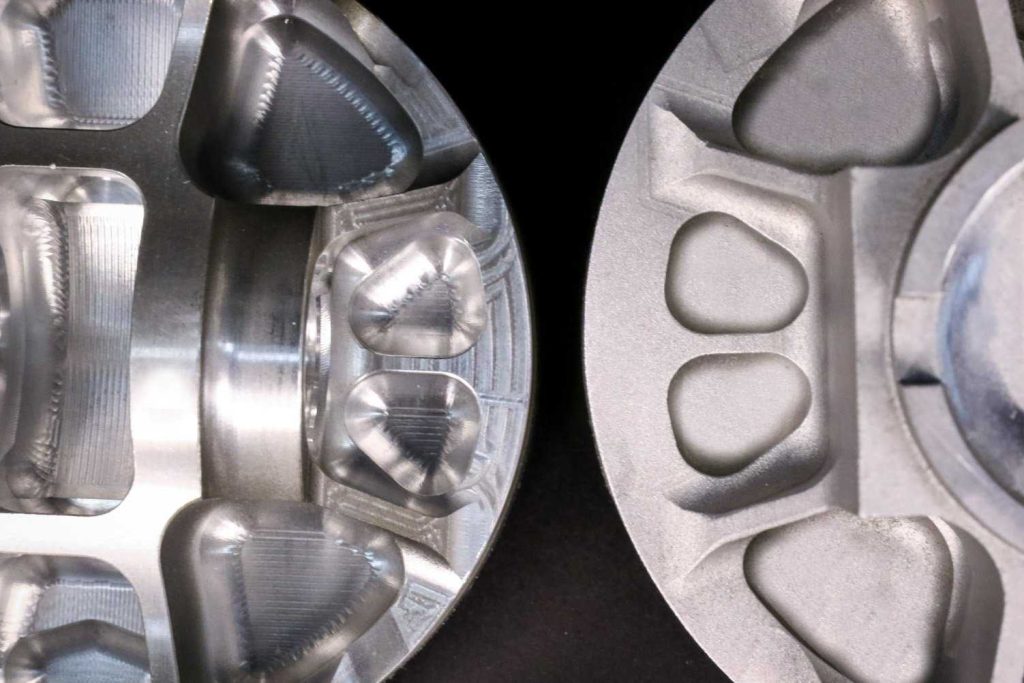
Forged Pistons
Forged pistons are created by compressing a block of aluminum alloy under extreme pressure using a forging press. This process compacts the material, aligning its grain structure, and enhancing its strength and resistance to stress.
Grain Structure: Forging aligns the grain flow in the direction of the shape of the piston, improving overall mechanical properties.
Machining: After forging, the piston undergoes precise machining to achieve its final dimensions and features.
Billet Pistons
Billet pistons are machined from a solid block of aluminum alloy (referred to as a billet). CNC machines cut and shape the piston from the billet to its final form.
Grain Structure: Unlike forging, the billet retains a uniform grain structure throughout the material since it is not compressed during manufacturing.
Customization: Billet pistons allow for greater design flexibility since they are machined directly from raw material.
Material Properties
Forged Pistons: The compressed grain structure makes forged pistons incredibly durable and resistant to fatigue. They are ideal for applications with high thermal and mechanical loads.
Billet Pistons: While billet pistons are strong, their lack of aligned grain structure means they generally don’t handle stress as efficiently as forged pistons.
Pros and Cons
Forged Pistons
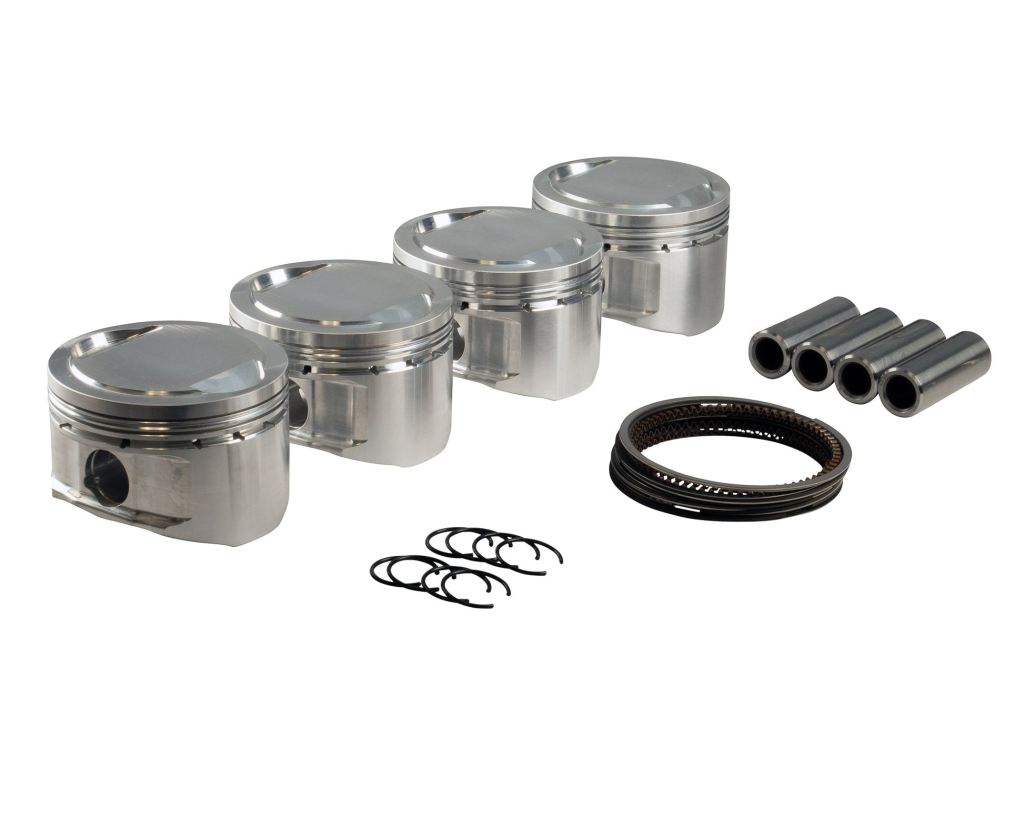
Pros:
Strength and Durability: Forged pistons handle extreme pressures and high temperatures, making them ideal for high-performance and racing engines.
Resistance to Fatigue: The aligned grain structure improves fatigue resistance, which is critical for engines operating at high RPMs.
Cost-Effective for High Volume: Once the tooling for forging is set up, manufacturing costs per unit are relatively low.
Cons:
Limited Customization: The forging process requires specific tooling, making it less flexible for unique designs.
Higher Initial Tooling Costs: Developing forging dies is expensive, especially for low-volume production.
Billet Pistons
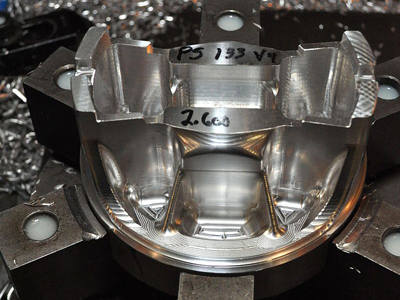
Pros:
Design Flexibility: CNC machining allows for intricate and custom designs, catering to specific applications.
Quick Prototyping: Ideal for low-volume or one-off custom builds.
Consistency: CNC machining ensures uniformity across all pistons in a batch.
Cons:
Higher Cost per Unit: Machining each piston from a billet takes more time and material, increasing production costs.
Less Durable Under Extreme Stress: The uniform grain structure may make billet pistons more prone to failure in extreme conditions compared to forged pistons.
Applications
Forged Pistons
Commonly used in high-performance and racing engines where reliability and strength under extreme conditions are paramount.
Suitable for boosted applications like turbocharged or supercharged engines, which generate high cylinder pressures.
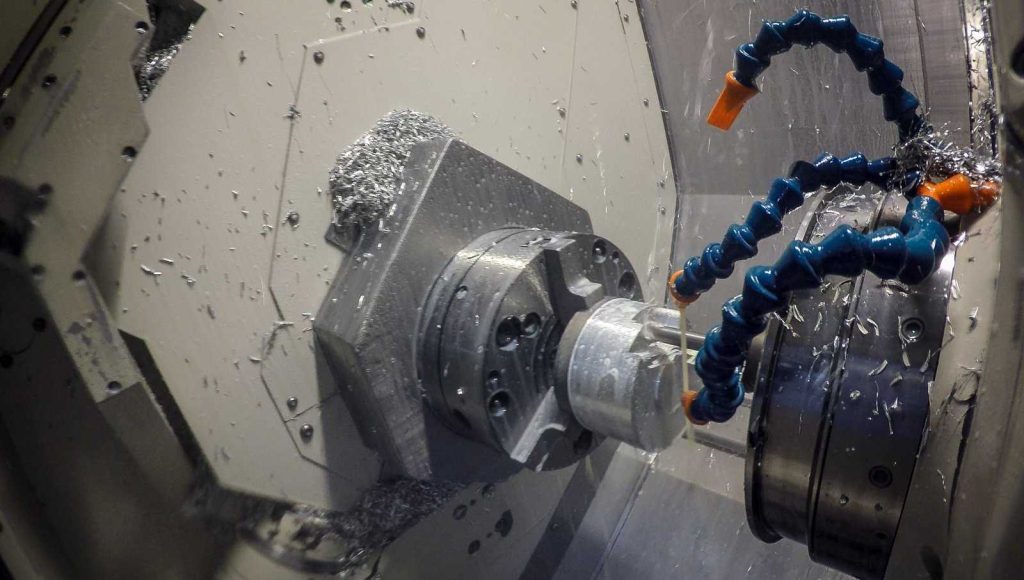
Billet Pistons
Often used in custom engine builds where unique piston designs are required.
Preferred for prototype testing and low-volume production due to their design flexibility.
Cost Comparison
Forged Pistons: Economical for high-volume production, but the initial setup costs for forging dies are significant.
Billet Pistons: Higher cost per unit due to machining time and material waste, but no upfront tooling costs make them ideal for small production runs.
Choosing the Right Piston for Your Application
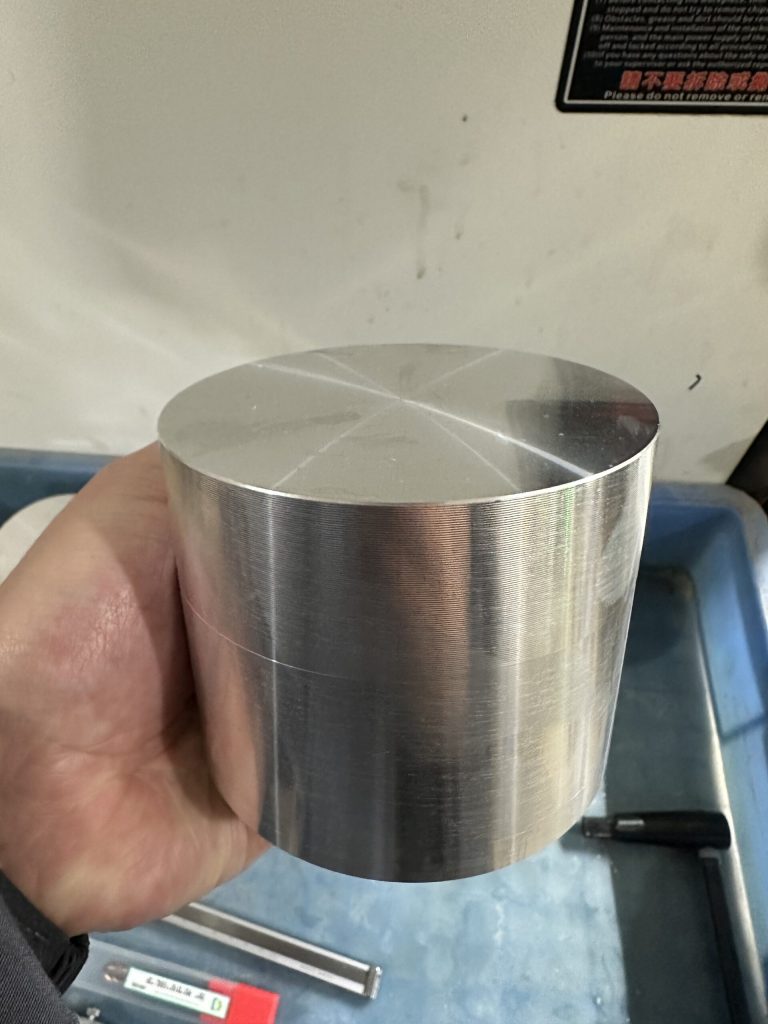
Consider Forged Pistons If:
You need pistons for a high-performance or racing engine.
Your engine will operate under high cylinder pressures or elevated temperatures.
You are manufacturing pistons in large quantities to offset initial tooling costs.
Consider Billet Pistons If:
You require a custom piston design.
Your project involves low-volume production or prototyping.
Precision and design flexibility are more critical than cost.
The choice between forged and billet pistons ultimately depends on your engine’s requirements and your budget. Forged pistons are the go-to choice for strength and durability in demanding applications, while billet pistons excel in customizability and precision for unique builds. By understanding the differences, pros, and cons of each, you can select the right piston type to optimize your engine’s performance and reliability.
If you have any additional questions you can always reach out to our friendly techs at (203) 235-1200 and view our full product line at SS396.com!

